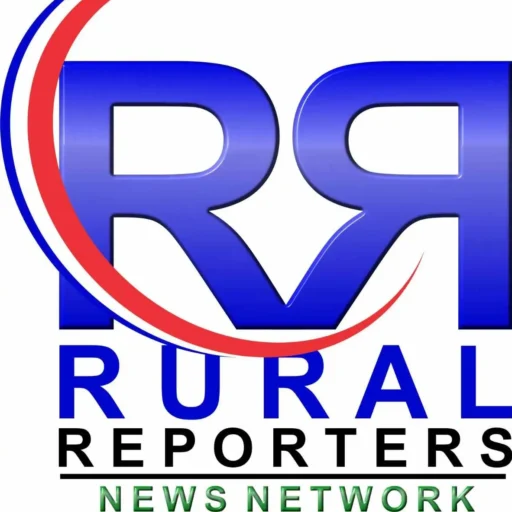Pressing need to address current educational deficiencies, which have left millions underequipped to be productive and earn a decent living in Africa, says analysis
A classroom in AfricaiStock photo for representation
Susan Chacko
Published on:
21 Oct 2024, 9:19 am
It is imperative to address educational and skill gaps, among other investment and policy priorities, which could help accelerate growth to end poverty in Sub-Saharan Africa, according to the latest edition of Africa’s Pulse, the World Bank’s twice-yearly regional economic update released on October 14, 2024.
With more than 500 million children between ages 0 and 14 years, Sub-Saharan Africa’s working-age population is predicted to double by 2050. This presents opportunity for accelerated economic growth and poverty reduction, as a larger working-age population can stimulate economic activity and increase income levels, thus harnessing the demographic dividend.
If the region continues to make economic progress, the demographic dividend could contribute 11 to 15 per cent of gross domestic product (GDP) growth by 2030. This would help to reduce poverty by 40 million to 60 million people.
However, a demographic dividend is not automatic and it will only materialise if the youth find productive employment. In this regard, education plays a pivotal role in ensuring that young people acquire the skills necessary to be productive and competitive in the global labour market, the report said.
Why education helps
Seven in 10 children in Sub-Saharan Africa are not benefiting from pre-primary education. And fewer than 1.5 per cent of 15-to-24-year-olds are enrolled in formal vocational education programmes, compared to roughly 10 per cent in high-income countries.
Smarter, bigger investment in education is fundamental to improving the region’s human capital development. Sub-Saharan Africa’s Human Capital Index (HCI) currently stands at 0.40, indicating that the future productivity of a child born today is only 40 per cent of their potential under optimal health and education conditions.
Delivering universal basic education that ensures full learning could double the region’s HCI to 0.80 and double GDP per capita. This corresponds to roughly 1.4 percentage points of additional annual economic growth over the next 50 years.
Africa faces challenges in achieving Sustainable Development Goal 4 (SDG4). SDG4 is a commitment to “ensure inclusive and equitable quality education and promote lifelong learning opportunities for all”.
The African Union has adopted “Building resilient education systems for increased access to inclusive, lifelong, quality and relevant learning in Africa” as the theme for the year 2024. It came with the call for all governments to accelerate progress towards achieving quality education for all.
Human capital benefits from education also access to better health outcomes. Education improves child survival rates and health outcomes, with the benefits extending across generations as children of educated parents tend to be healthier. This creates a cycle where healthier children are better prepared to learn.
Evidence from Sub-Saharan Africa showed that each additional year of schooling reduces the fertility rate by 0.26 birth, decreases the chance of maternal death by 20 per cent, increases survival of children to age 5 by 50 per cent, and reduces the probability of child marriage for girls by an average of 7.5 per cent.
The importance of investing in education to boost productivity and ensure a prosperous future in Sub Saharan Africa is one of the main messages of the report.
Educating a continent
Fiscal pressures present tough choices for policy makers, but the economic returns to productive investment in education are high.
To achieve universal education by 2030, education systems need to be expanded urgently. An additional 170 million children and adolescents, including about 100 million children currently out of school, need to be brought into classrooms. This requires constructing nine million new classrooms and training and deploying 11 million additional teachers.
Government education spending as a share of GDP in Sub-Saharan Africa is relatively modest at around four per cent and well below the target of approaching seven per cent to meet national goals and tackle the learning crisis. Real spending per child has leveled off since 2011 at around $ 225 per school-age child, well below the next lowest region — South Asia — at $ 446.
To improve learning outcomes and sustain confidence in higher budgetary allocations, education systems must demonstrate much more efficient use of resources. For instance, reforms of teacher management can improve teacher effectiveness and reduce absenteeism, delivering estimated savings equivalent to 25 per cent of the teacher salary bill. Savings can also be made on other inputs. In Mozambique, reforms have cut the costs of textbooks by more than 50 per cent. Rigorous monitoring systems are needed to accompany the scaling up of cost-effective interventions to ensure that learning outcomes indeed improve as intended.
Adopting shared procurement standards and collaborating across countries could lead to increased potential to generate further savings and economies of scale in infrastructure, teaching and learning materials provision, and technology deployment.
Source: https://www.downtoearth.org.



